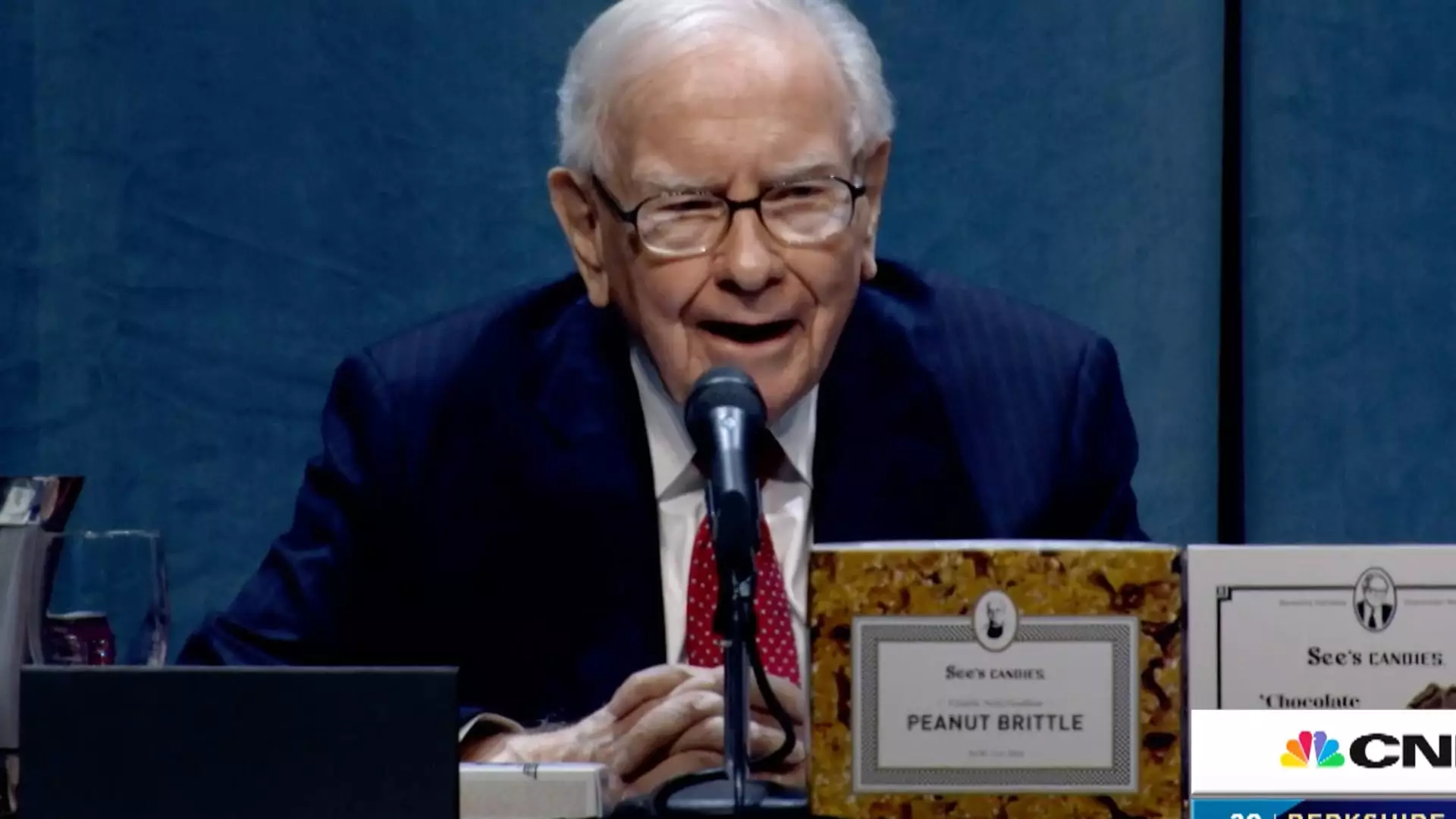Warren Buffett, regarded as one of the most respected investors globally, has recently broken his silence regarding President Donald Trump’s tariff policies, characterizing them as potentially damaging to consumers and the economy. In an interview with CBS News, he likened tariffs to acts of war, expressing concern over their long-term consequences. This perspective sheds light on the often-overlooked implications of trade policies on ordinary citizens and the economy at large.
Buffett’s analogy of tariffs being akin to a tax is particularly striking. He pointedly remarked that consumers bear the brunt of these duties, saying, “The Tooth Fairy doesn’t pay ’em!” This commentary illustrates that regardless of their origin, tariffs ultimately lead to higher costs for consumers, akin to increased taxes, thereby straining household budgets and diminishing purchasing power.
The remarks from Buffett come at a crucial time when the economic landscape is turbulent, with recent announcements from President Trump regarding a significant 25% tariff on imports from key neighboring countries, Mexico and Canada. Such sweeping measures have historical roots and often invoke a cycle of retaliatory actions, especially with nations like China, who have already indicated an intention to counteract—with potential repercussions extending far beyond mere trade balances.
Buffett’s insights resonate strongly against the backdrop of the trade wars that escalated during Trump’s initial term. He has previously cautioned about the repercussions of aggressive tariff policies, urging stakeholders to consider the broader economic ramifications. Tariffs have a tendency not just to disrupt trade flows but also to instigate inflationary pressures, which compound the burden on consumers and businesses alike.
Amid these turbulent conditions, Buffett’s recent actions—rapid stock sell-offs and accumulating an unprecedented level of cash reserves—have sparked widespread speculation about his outlook on the market. Many interpret these moves as indicative of a bearish sentiment, while others suggest that Buffett might be strategically positioning Berkshire Hathaway for an eventual leadership transition to his successor.
The apprehensions in the market are palpable; the S&P 500 has seen minimal growth over the year, reflecting investor uncertainty intertwined with concerns about a decelerating economy and erratic policy changes from the administration. Buffett’s reluctance to discuss the current economic state directly hints at a cautious approach rather than an outright pessimistic stance.
In a world where economic policies can have far-reaching effects, Buffett’s observations urge both policymakers and the public to tread carefully. As he emphasizes, it is crucial to not only consider the immediate consequences of tariffs but to also ponder what follows—the broader economic landscape, consumer behavior, and global trade dynamics. Ultimately, this ongoing dialogue highlights the delicate balance that exists within economic policy and the profound impact it has on everyday lives, underscoring the necessity for thoughtful and informed policy-making.

